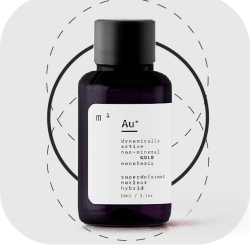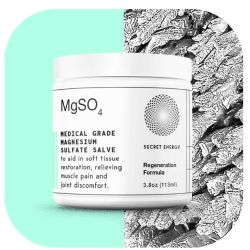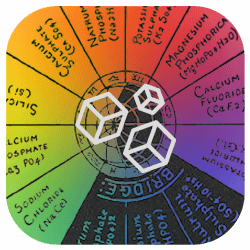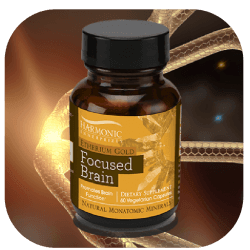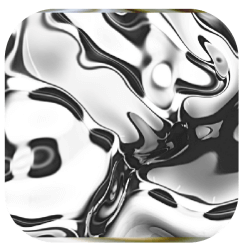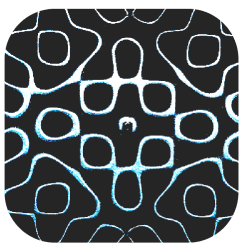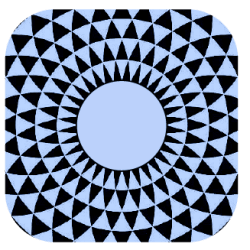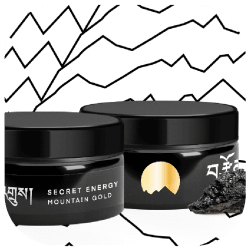Hair loss, also called male pattern baldness, comes from aging in men. Men can start losing hair as soon as they reach puberty but typically it happens from the  age of seventeen and older. Men can have hair loss from the front of the head, where the hair recedes (receding hairline) or in the pattern
age of seventeen and older. Men can have hair loss from the front of the head, where the hair recedes (receding hairline) or in the pattern
of a circle atop the head.
It is caused by hormones turning from testosterone to dihydrotestosterone which destroys the hair permanently. It is basically a hormone issue influenced by the foods we eat.
How modern medicine treats male pattern baldness: They often use topical chemicals that produce marginal hair and must be used indefinitely or the hair falls out. (What a great marketing tool.) It also has side effects such as testicular pain. (Sex appeal has its price!) Other strategies include hair implants which may have various results.
Michio Kushi, in his book of Oriental Diagnosis claims that hair loss in men is a result of an improper diet. This is not surprising since the typical American diet is either too much animal protein rich or there is too much sugar or even both. This is very evident to typical teenagers or young adults. This is very evident in typical teenagers or young adults. Thus, it is important to have a balanced diet.
He further asserts that frontal hair los is from an overconsumption of sugar and is usually related to intellectual individuals.
The monks-cap look comes from excessive salt and a “meat and potatoes” diet, including those who are blue collar workers (those who work with their hands).
Herbs for Men’s Hair Loss
Herbs are plants valued for their specific strengthening/ tonifying properties.
European tradition uses a tea of Stinging Nettle roots washed into the scalp before bed every night for male pattern baldness.
Other herbs used internally balance hormone levels as they are important for hair and sexual function. Some research maintains that Saw Palmetto taken daily prevents testosterone from being converted to dihydrotestosterone. It is also useful for enlarged prostates. Suggested use is 320mg of the extract.
Sarsaparilla may also prove important to maintain healthy testosterone levels.
Cell Salts to Help Men’s Hair Loss
To make a cell salt solution, put up to 10 tablets of each cell salt in a 16- to 24-ounce bottle; fill with water and swirl to dissolve tablets. Sip throughout the day.
#2 Calc phos 6X – sweating on head with bald spots
#7 Kali sulph 6X – moist, sticky yellow dandruff with bald spots
#9 Nat mur 6X – dry hair and hair loss and greasy scalp at hairline
Men’s Hair Loss Homeopathic Remedies
Homeopathic remedies are non-toxic natural medicines safe for everyone including infants and pregnant or nursing women. You may use 6X, 30X, 6C or 30C potencies.
The following homeopathics are for hair loss from the forehead and top of the head:
Hair loss from FOREHEAD – deep thinkers, sugar cravings
Arsenicum album – hair loss; sensitive head to open air; scalp itches; early graying; circular patches; restlessness; perfectionists.
Belladonna – with inflammation problems; head sensitive to air and cold; hair splits, is dry and falls out; desire to escape.
Hepar sulph – very sensitive to moving air; tendency to skin ulcerations; skin problems; irritability; cold sweat on head.
Mercurius vivus – scalp tense; sensitivity to temperature; may have enlarged tonsils or glands.
Natrum mur – with dry hair and greasy hairline; from grief or disappointed love, consolation aggravates; will not cry in front of others.
Phosphorus – falling of hair in bunches or spots; itching of scalp, dandruff; very sensitive, respiratory problems or results of anesthesia poisoning.
Silica – premature baldness with skin problems, weak fingernails, and body is cold; lacks grit.
Hair loss from TOP OF HEAD – blue collar types, meat and potatoes man
Baryta carb – hair falls out, baldness on vertex; with enlarged tonsils; shy person.
Graphites –hair matted, brittle or falling; burning on top of head; eczema with yellow discharges.
Lycopodium – hair falls, becomes gray early; premature baldness after abdominal problems; dandruff with liver and digestive problems; person feels worse 4 to 8 pm.
Thuja – greasy skin; white scaly dandruff; hair dry, split, and falls out; tendency to warts or abnormal growths; symptoms worse in cold dampness.
Zincum met – with a tendency to muscle cramps, fidgety feet; forehead cold, back of head warm; hair brittle, head sensitive; sensitive to noise; forgetful.
Source: Dave’s Healing Notes




